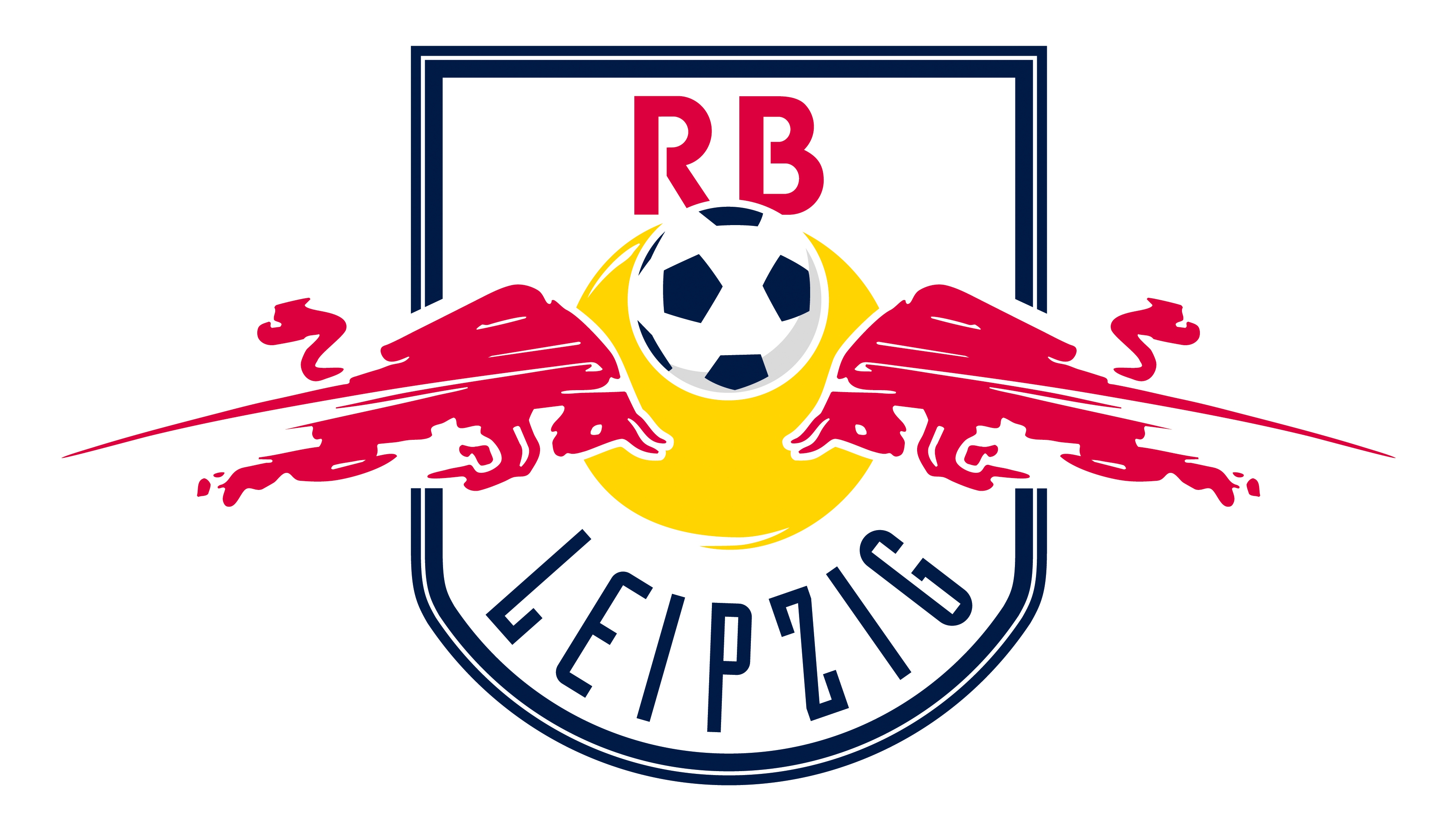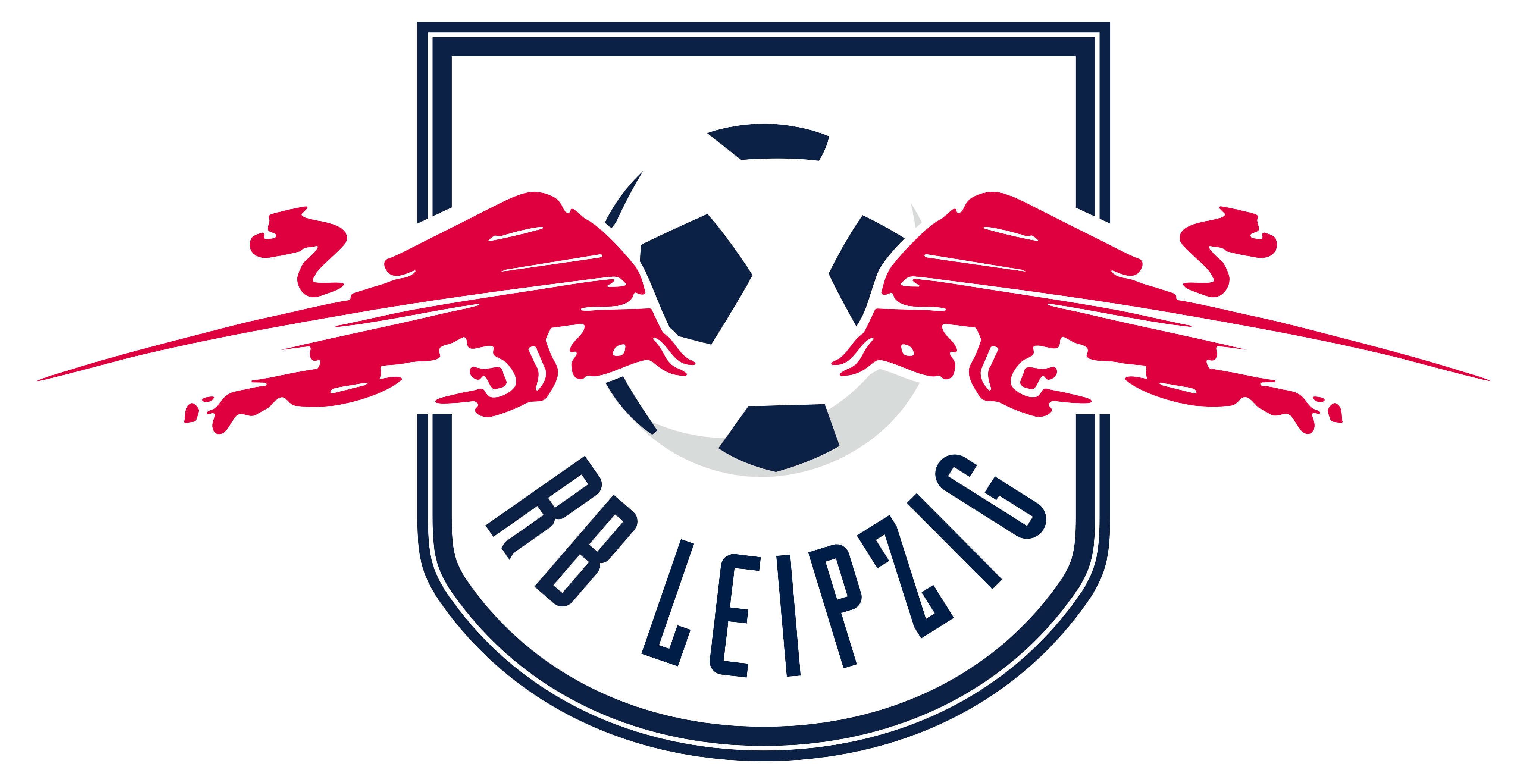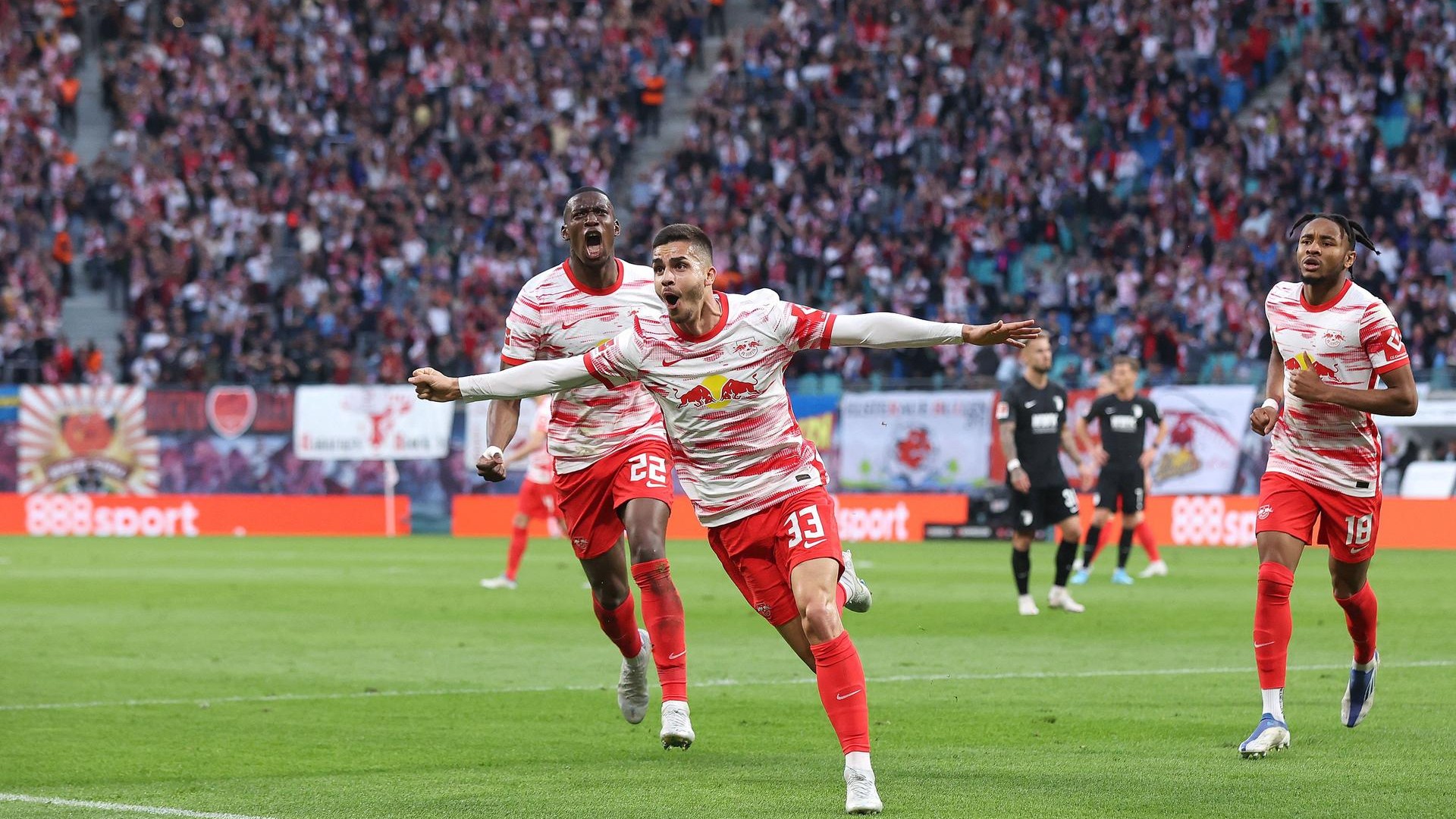RB Leipzig: The Bundesliga's Rising Stars
From humble beginnings to becoming a formidable force in German football, RB Leipzig has taken the Bundesliga by storm. Discover the fascinating journey of this club that's pushing the boundaries of tradition.
The Birth of a Club
RB Leipzig was founded in 2009 by Red Bull, the Austrian energy drink company. The club rapidly rose through the divisions, reaching the Bundesliga just six years after its inception. Fueled by Red Bull's financial backing and a bold recruitment strategy, Leipzig has become a force to reckon with.
Disrupting Tradition
Leipzig's arrival in the Bundesliga ruffled some feathers. Traditionalists saw the club as an artificial entity that violated the sport's established norms. However, Leipzig's success has challenged these traditional views, proving that even newly formed clubs can thrive in the highest echelons of football.
Playing Style and Success
Leipzig plays an attacking and high-energy style of football, similar to Red Bull's other clubs around the world. They possess a young and talented squad, with players like Christopher Nkunku and Dani Olmo leading the charge. Leipzig has won the DFB-Pokal in 2022 and finished among the top four in the Bundesliga multiple times.
Financial Powerhouse
Red Bull's deep pockets give Leipzig a significant financial advantage. The club has invested heavily in infrastructure, scouting, and player recruitment. This has allowed them to attract top talent and push for trophies. Some critics argue that Leipzig's financial power undermines the competitive balance of the league.
Home at the Red Bull Arena
Leipzig plays its home matches at the state-of-the-art Red Bull Arena, built in 2016. The stadium boasts a capacity of over 47,000 and is known for its lively atmosphere. Leipzig has been unbeaten at home for extended periods, making the Red Bull Arena a fortress.
Global Ambitions
Leipzig is not content with just domestic success. The club has aspirations to compete at the highest level in Europe. They have consistently featured in the UEFA Champions League and aim to make a deep run in the competition.
A Model for the Future?
Some see RB Leipzig as a blueprint for the future of football. The club's modern approach, financial stability, and global reach could redefine how clubs operate in the 21st century. However, others remain skeptical, questioning whether Leipzig's success is sustainable or whether it's merely a result of their financial advantage.
Key Players
| Player | Position | Nationality |
|---|---|---|
| Timo Werner | Forward | German |
| Christopher Nkunku | Forward | French |
| Josko Gvardiol | Defender | Croatian |
| Dani Olmo | Midfielder | Spanish |
| Dominik Szoboszlai | Midfielder | Hungarian |
Legacy
RB Leipzig's journey is still unfolding, but they have already made a significant mark on German football. The club's success has challenged traditional notions and opened up new possibilities for the future. Whether they can sustain their success and become a longstanding force remains to be seen, but one thing is certain: RB Leipzig is a club that is here to stay.




